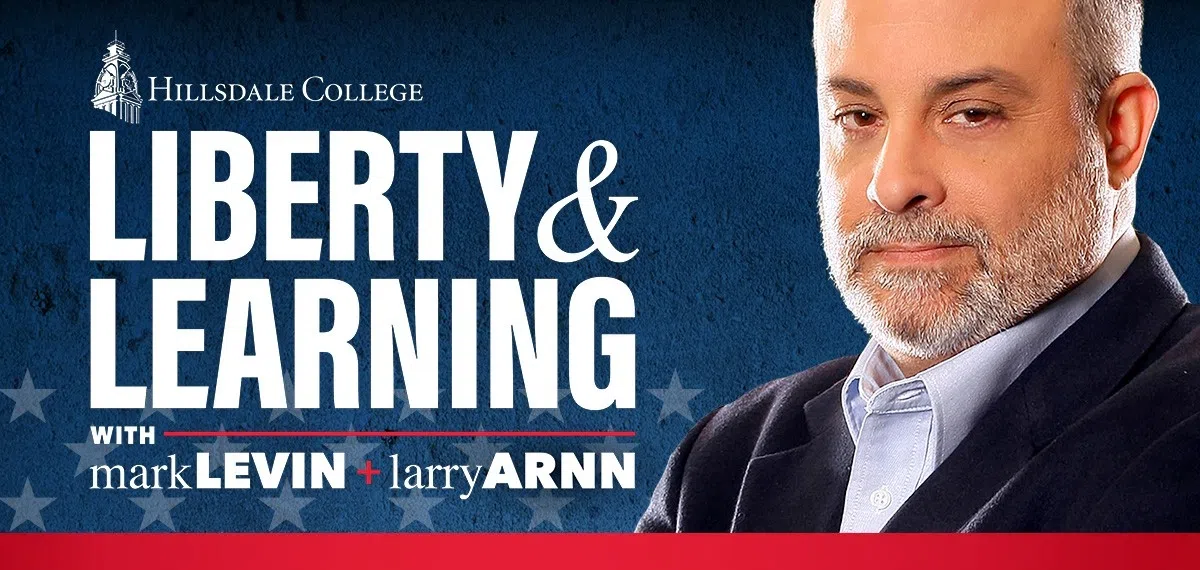In the latest episode of “Liberty and Learning,” Mark Levin and Dr. Larry Arnn engage in a riveting discussion about the American government’s massive bureaucracy and its implications for constitutional governance. This episode, a collaboration between Hillsdale College and Westwood One, delves into the heart of political philosophy, exploring how recent Supreme Court rulings and innovative plans by influential figures like Elon Musk and Vivek Ramaswamy could potentially restore the balance of power envisioned by the Founding Fathers.
The conversation begins with an examination of the constitutional framework and how the current state of government challenges it. Dr. Larry Arnn, president of Hillsdale College, explains that the vast majority of laws today are not made by Congress, but by a sprawling network of federal agencies. This shift in legislative power raises critical questions about the separation of powers and the role of elected representatives. Mark Levin and Dr. Arnn explore how this new form of government violates the constitutional construct and what can be done to address it.
A significant portion of the episode is dedicated to discussing two pivotal Supreme Court cases: West Virginia vs. Environmental Protection Agency and Loper Bright vs. Raimondo. These rulings challenge the authority of federal agencies to make laws without direct congressional approval, offering a glimmer of hope for those advocating for a return to constitutional governance. The hosts emphasize the importance of these cases in setting the stage for potential reform, highlighting how they align with the principles of the American Revolution and the writings of John Locke.
Donald Trump’s role in this constitutional battle is also a focal point of the discussion. Despite criticisms of his approach to governance, Levin and Arnn argue that Trump’s business acumen and common-sense perspective uniquely position him to lead efforts to rein in the bureaucracy. They explore how Trump’s administration, with the help of Elon Musk and Vivek Ramaswamy, plans to implement a groundbreaking strategy to reduce the size and scope of the federal government, ultimately returning power to the people.
As the episode unfolds, the hosts address the challenges and opportunities that lie ahead. They discuss the role of Congress in supporting these efforts and the potential for bipartisan cooperation. With the 250th anniversary of the Declaration of Independence on the horizon, Levin and Arnn express optimism that this historic moment could usher in a new era of constitutional governance.
“Liberty and Learning” offers listeners a thought-provoking exploration of the intersection of history, philosophy, and contemporary politics. By shedding light on the complexities of the American government and the potential for reform, this episode invites audiences to reflect on the principles that define our nation and the path forward. Whether you’re a seasoned political enthusiast or simply curious about the future of American governance, this episode is a must-listen.
The podcast for this show can be streamed or downloaded from the Audio Rewind page.









